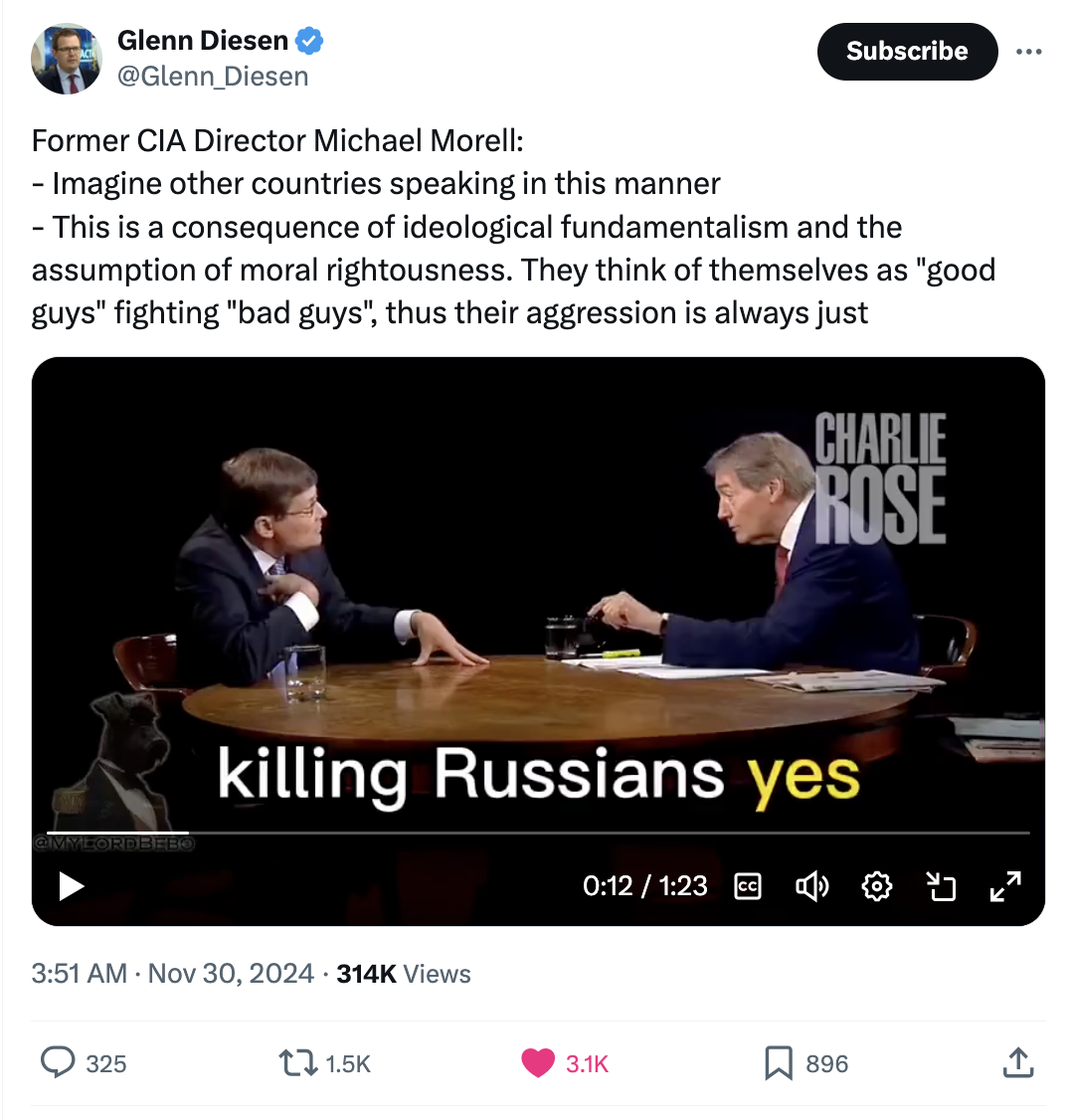Comedian Jimmy Dore recently commented a "news" cast where Jen Psaki argued that social media needed to be censored. Governement lies during COVID provide endless evidence that Psake could not be more wrong, but there is a lot more. First, Jen Psaki's claim that social media needs to be censored:
But even if Trump is defeated tomorrow, he is exposed during his time out, there some serious limitations within our system, and it may be time to ask ourselves things like whether social media platforms should have the freedom to operate at a lower level of accountability than local television networks.

Jimmy Dore's response:
First of all, how do you get lower accountability than zero? This is this? Is that wanting to censor social because they don't have any accountability, you don't have any fucking accountability. Is there? Is there anything they haven't lied about in my they lied about Iraq twice. They lied about Afghanistan for 20 years. Lied about Syria, they lied about Libya, they lied about Ukraine. They're currently lying about Ukraine. They lied about COVID. They lied about lockdowns. They lied about where the virus came from, mass transmissibility, contraction, herd immunity, natural immunity. There wasn't a fucking thing that side effects. There's not a goddamn thing that they haven't lied about in the last 20 years of my life, 40 years of my life. And these motherfuckers want to censor other people because they might be spreading misinformation.
The biggest liar, as we all know, is the government. Second is the corporate, owned media, and a distant third are randos on social media. That's the fucking fact, okay, and if it wasn't for social media, we wouldn't know about any of those lies about the Syrian war, the Ukraine war, or COVID, or the vaccines or masks or lockdowns, or all the shit they did to children during COVID, or all the shit they're doing to children who are confused about their gender identity before they had fucking puberty. We wouldn't know any of that shit if it wasn't for social media ...
That was a direct hit by Dore, as evidence by many of the articles I have been posting over the past 5 years (and more). But let's also hear from Max Blumenthal.

I do not believe @RobertKennedyJr would have ever gained national celebrity and been able to launch a national campaign that vaulted him to the heights of Trumpworld had The Science(TM) that informed the Covid response proven even remotely correct.
If the mRNA "vaccine" had not failed on every stated promise; had the CDC and WHO not changed the very definition of vaccine to accommodate its failure to prevent transmission or infection; had countless working class Americans not lost their jobs for refusing to take the jab, while others were forcibly injected in order to keep their livelihoods, sometimes suffering injury as a result; had mainstream news hosts and politicians including Joe Biden not proposed isolating The Unvaccinated from society, preventing them from traveling, and even from buying food in markets; had the lockdowns not set a generation of children across all social strata back years in their education, while doing nothing to stop the spread; had once-vibrant city centers not transformed to terrifying zombie scenes, shattering countless small businesses, while we were assured by Fauci that it would take just another week or two to flatten the curve; had a dystopian state censorship regime not consolidated its hold over social media platforms, disappearing dissenters from our digital commons those who protested in the streets were often beaten and arrested – had none of this occurred, RFK Jr. would be comfortably ensconced in his home in West LA, still loyal to the Democratic Party, a welcome presence in the world of affluent liberals, and nowhere near the political celebrity he is today.
But all this happened and worse. Americans were lied to and abused on a massive scale, and RFK was one of the first to tap into the public's anger. And thanks to his Children's Health Defense, he already had an established platform to promote his jeremiads (which focused heavily at the time on the erosion of constitutional rights, not always on vaccine-related issues).
Though the Covid event was hardly discussed during the 2024 presenting campaign – largely because the corporate media that got almost everything wrong wanted the issue to disappear – it loomed like a heavy cloud. RFK's presence as a Trump surrogate enabled 47 to channel the simmering anger, giving rise to the Make America Healthy Again movement, which became a magnet for alt media-oriented independent voters.
Now RFK stands to take over a gargantuan federal agency that has traditionally served as an instrument of Big Pharma and the agribusiness lobby, and which is currently led by a Democrat political operative with no medical or scientific background. The pundits who paint RFK's ascension as an unfortunate triumph of the paranoid style in American politics are whitewashing the failures and sordid deceptions of the credentialed class they represent, while denying the experiences of the millions who paid the price for them.
One more thing for Jen Psaki: How would she feel if the government started interrupting our private phone calls and telling us that we can no longer discuss certain topics or that we are forbidden from talking to certain people because they are "bad"? Censoring social media is no different from this in concept, but only in scale.





